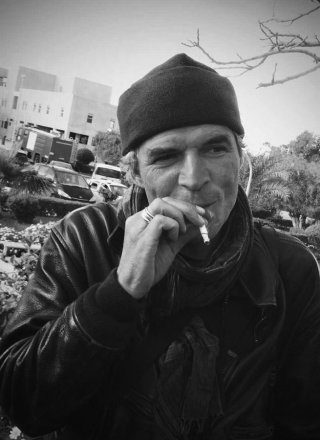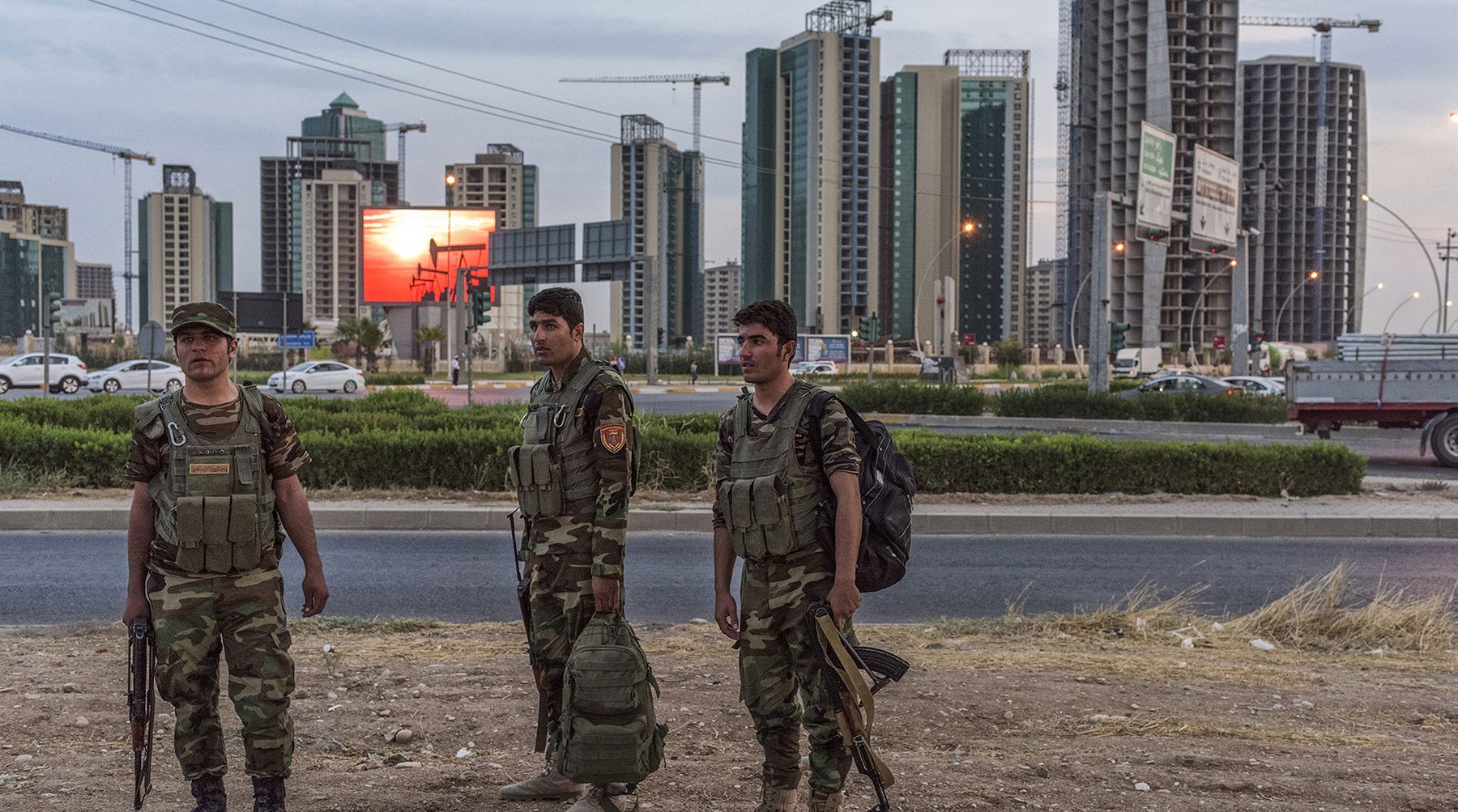
Kurdistan: the Other Iraq. How The Kurds Are Reshaping Northeastern Iraq
Yuri Kozyrev
Noor for National Geographic Magazine
Iraq’s Kurds are independent in all but name. Technically Kurdistan is part of Iraq, but the Kurds living there behave as if they had their own separate state, with their own prime minister, parliament, national anthem, flag, and their own 175,000-man Army, the Peshmerga – those who face death. Most Kurds will tell you they do not want to have anything to do with Baghdad or the rest of Iraq. Why would they, when they are doing just fine on their own?
Since 2003, the Kurds have developed a parallel state, the most stable part of an unstable country. Kurdistan became an island of prosperity and stability, even while the rest of Iraq was collapsing into violence after the invasion by the United States-led coalition. In Erbil today, there are more cranes than minarets; there are luxury hotels, shopping malls and a residential complex known as “Dream City” where some apartments sell for as much as one million dollars.
Preview
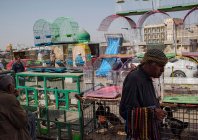
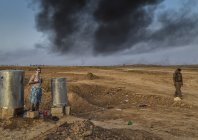
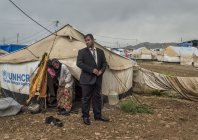

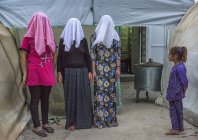
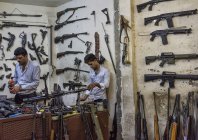
However, recent gains by ISIS, the drop in oil prices and disputes with Baghdad have taken their toll on the Kurdish economy. Iraqi Kurdistan is in a dangerous area, and has been since 1991 when it first achieved a degree of autonomy that has become entrenched while the rest of Iraq has fallen apart, particularly since ISIS took control of large swaths of the country.
The political map of northern Iraq has changed since ISIS invaded Mosul, the second-largest city in the country. Kurdish forces now control Kirkuk and Sinjar, and claim to control vast expanses of land previously ruled by Iraq. This new situation for the Kurds is a paradox: the world wants the Kurds to fight ISIS, but their main interest is simply to secure Kurdistan. With the threat of ISIS, the Kurds stand united as one people aspiring to an independent state.
Yuri Kozyrev






